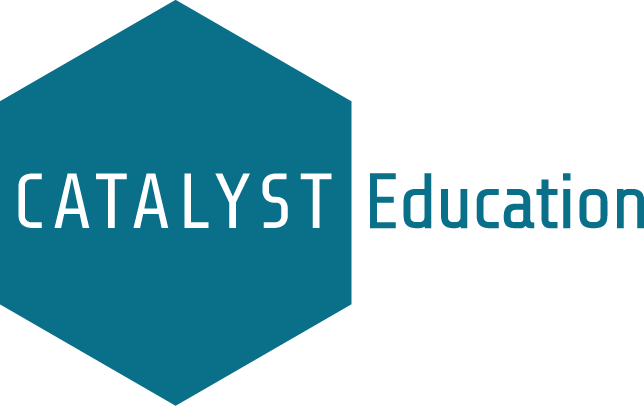Effective Methods to Mitigate Cheating
I speak with faculty constantly, and the acceleration of cheating comes up in most of those conversations. The difficult part is that most people—and plagiarism detection solutions—are focused solely on catching students when they cheat.
While catching cheating students and having appropriate consequences in place is important for deterrence, faculty don’t really want to catch students—dealing with this issue is one of the worst aspects of their job and is incredibly time-consuming. Therefore, cheating often goes ignored. What we need instead is a focus on other things that help mitigate the so-called “cheating pandemic.”
Here are five effective methods that can help reduce cheating:
Lower the stakes of a graded activity by making it formative instead of summative, with feedback and the ability for students to learn and correct as they go.
Remind students about their commitment to honesty in close proximity to the activity (yes, I know Dan Ariely’s research and conclusions have been challenged of late).
Provide students with a greater understanding of what is plagiarism and what is not.
Develop a stronger connection between the instructor(s), the institution, and the student. Online courses during the pandemic have distanced students, and that lacking connection makes it easier to justify cheating.
Constantly improve communication with students in an attempt to be clear about expectations, what success looks like, and how they will be evaluated.
When students feel that the course is unfair or that their work studying is not rewarded with fairly measured performance, they simply dislike you as an instructor and/or dislike the class—making them feel more justified to cheat. This is a problem in lab courses as myriad TAs grade students in different sections, and the grading varies considerably from TA to TA. These inconsistencies give students a sense of unfair and haphazard grading and a sense of futility, further contributing to their drive to cheat.

